|
Congratulations to Hannah Hoff for being awarded the 2024 James Reveal Eriogonum Project Grant from the Eriogonum Society! Among Hannah's many ambitious endeavors, she is leading the development of a comprehensive plant DNA barcode library and nutritional database so that we can understand what fuels the migrations of large herbivores across Yellowstone. These little buckwheats are turning out to be big contributors, and the grant will help ensure we can account for all of them. We are all so excited to get back out and botanizing in Yellowstone this summer!
0 Comments
Maddy Florida wins prestigious Caleel '87 Memorial Undergraduate Biology Research Fellowship3/27/2023 Congratulations to Maddy for being one of only two undergraduates to be recognized with a prestigious Caleel '87 Memorial Undergraduate Biology Research Fellowship from the Division of Biology and Medicine at Brown in 2023! To prepare for her senior thesis next year, Maddy plans to spend the summer studying the health and nutrition of sloths in Costa Rica where she'll be based at La Selva. Exciting work will come from this incredible opportunity ahead!
Late last year, Ezequiel participated in the capture of the first two Giant Armadillos from Argentina. The animals were sampled and outfitted with tracking devices to understand more about the health and ecology of their population. This amazing species is very rare, and its global population is listed as Vulnerable and Declining on the Red List of Endangered Species.
An article was published entitled, "Rosenda, la primera tatú carreta monitoreada en el Chaco" Great work, Ezequiel! We were lucky to get to work with Hannah over the summer at Yellowstone, but now with the start of a new semester it's official... Welcome to the lab, Hannah!
Hannah arrives in the lab to start her Ph.D. work as a plant community ecologist with interests in understanding how the activities of large mammals at Yellowstone influence the long-term composition of plant communities. Hannah plans to connect field observations with manipulative experiments and DNA barcoding to understand the complex food web of this incredible system. Hannah will be working closely with the National Parks Service in the field. Here at Brown, she will be engaged with EEOB, IBES, and DSI via her participation in an NIH T32 grant that focuses on scientific communication. We feel so lucky to have Hannah join us and so excited to see how the amazing work she is doing will pay off! Collaborator and University of Wyoming PhD student, Leo Malingati, appears on an episode of the documentary series Wildlife Warriors and shares his experience studying the small mammals of Mpala Research Centre!
The conversation featuring our work to analyze small mammal diets -- poop science! Short video available on YouTube. Episode on Vimeo. It feels good to have more of the lab getting back into the swing of fieldwork after the worst years of the early pandemic!
The lab has always maintained some field activity throughout the pandemic. Ezequiel has been remote from field sites across Argentina, Robert and Peter have been keeping active at Mpala in Kenya, and Colin (and the lizard team) as well as Amanda (and the terrapin team) had managed to keep active around the northeastern US. But a lot of us had to cut back or go it alone more than we would have liked. The tide is turning, though! This summer we have had a group led by Beth (postdoc), Hannah (incoming grad student), and Maddy (UTRA student) at Yellowstone -- collecting dung, surveying plants, coordinating with collaborators -- with support from our scientific partners at the National Park Service and the Brown University Herbarium. Amidst the ongoing recovery from disastrous flooding along the Yellowstone River, we were able to get out into the field together to advance a number of priority projects for the lab. We are super grateful to funders: NSF (CAREER & EPSCoR award), Department of Interior (Cooperative Agreement), Brown University (UTRA & IBES). The quintessential group photo of the team: Congratulations to Dr. Ezequiel Vanderhoeven for your Rufford Foundation Grant! Ezequiel plans to study infectious diseases circulating in populations of armadillo species native to the Argentinian Chaco. The goal of the study is to understand how diseases impact populations of these species for the benefit of conservation and to support local governments and communities in the adoption of environmental practices that minimize the risk of spillover. It is an extremely important and ambitious project. The Rufford award not only provides crucial financial support, but also represents a valuable endorsement of the work from a leading international authority on applied conservation biology.
While everyone in the lab continues to be impacted by the global pandemic, we also pause to appreciate our increased opportunity to begin resuming research and to extend our welcome to the new lab members who are joining us this summer.
Last week, Amanda Lyons (left) and Bianca Brown (right) braved the rainy weather to kick off our terrapin field season. Diamondback terrapins are the only "critically imperiled" reptile in Rhode Island, and a major conservation priority for the state. Amanda and Bianca were joined by our collaborators from the Rhode Island Department of Environmental Management and The Roger Williams Park Zoo. Our research goal is to understand how genetically interconnected are the remaining few terrapin populations in the state, and relatedness to populations from neighboring states. This research is supported in part by a 2019 Voss Undergraduate Research Fellowship in Environmental Science and Communication to Amanda Lyons. Congratulations Amanda, and thanks IBES for supporting this research. If only the weather had been better for setting up the study sites!
As the fall semester gets into swing, the lab is having a lot of fun and making progress on research. Several milestones should not go unnoticed, and there are photos to boot. In no particular order:
|
Archives
June 2024
Categories
All
|
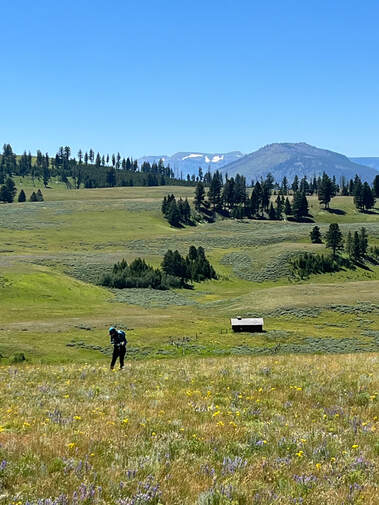
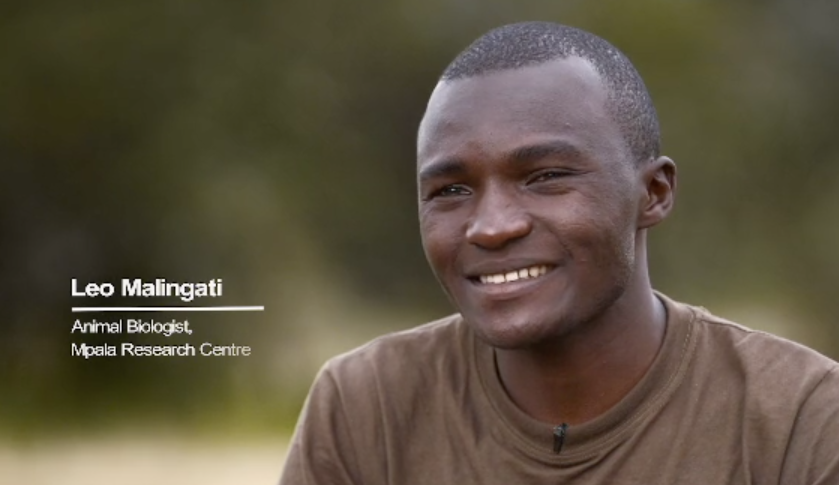
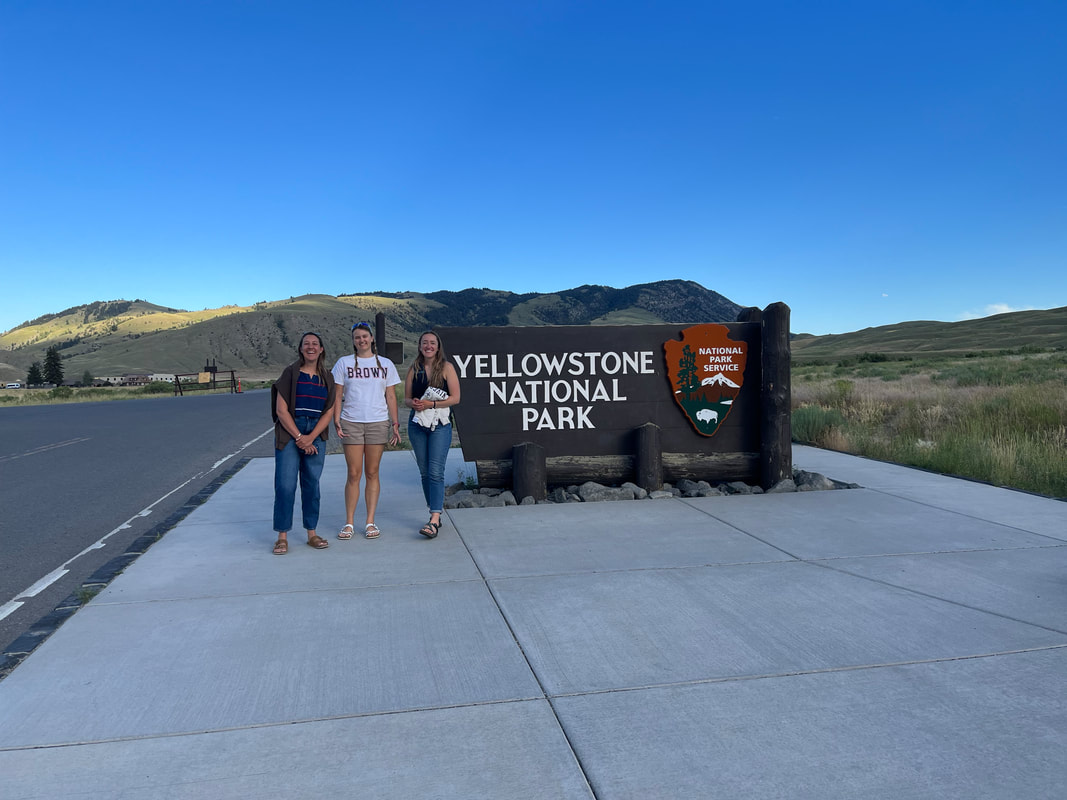
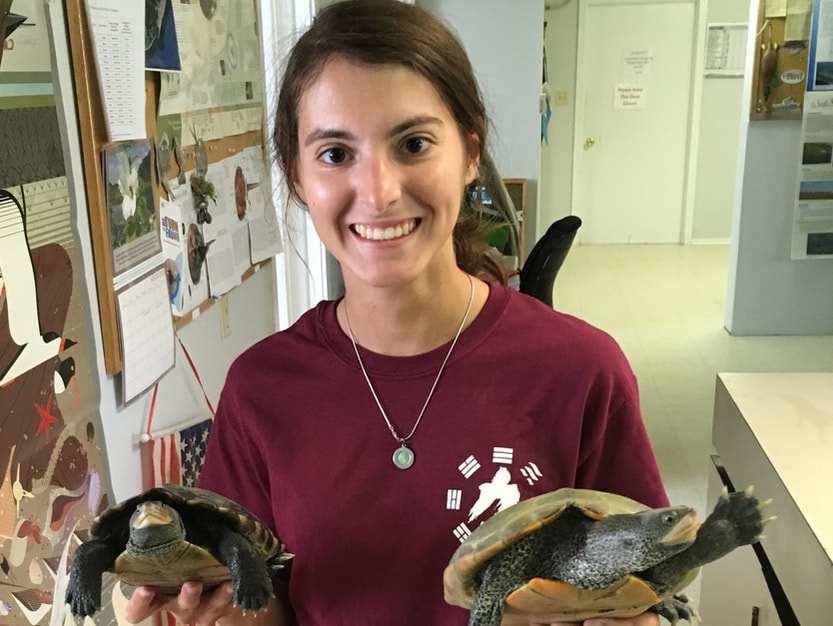
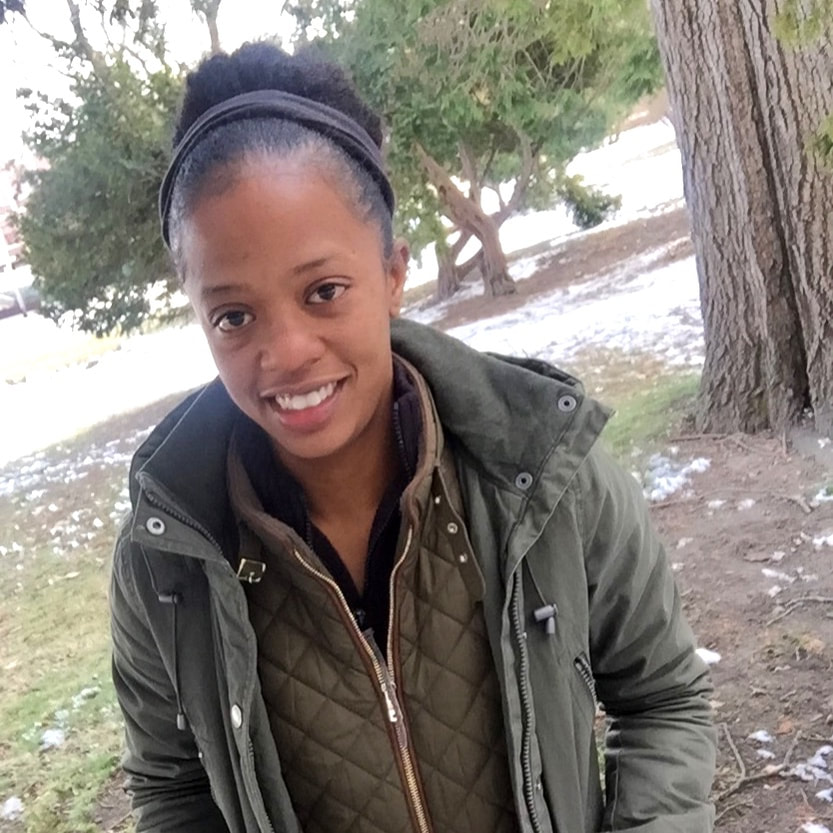
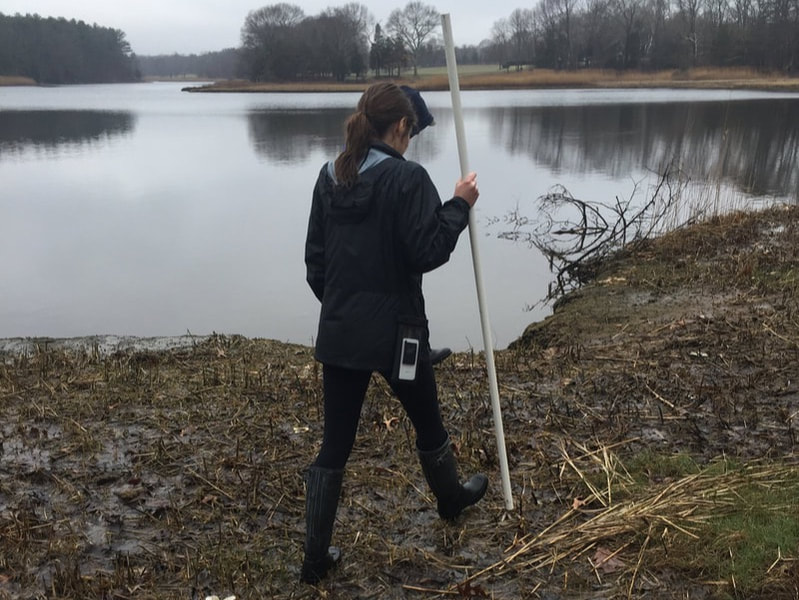
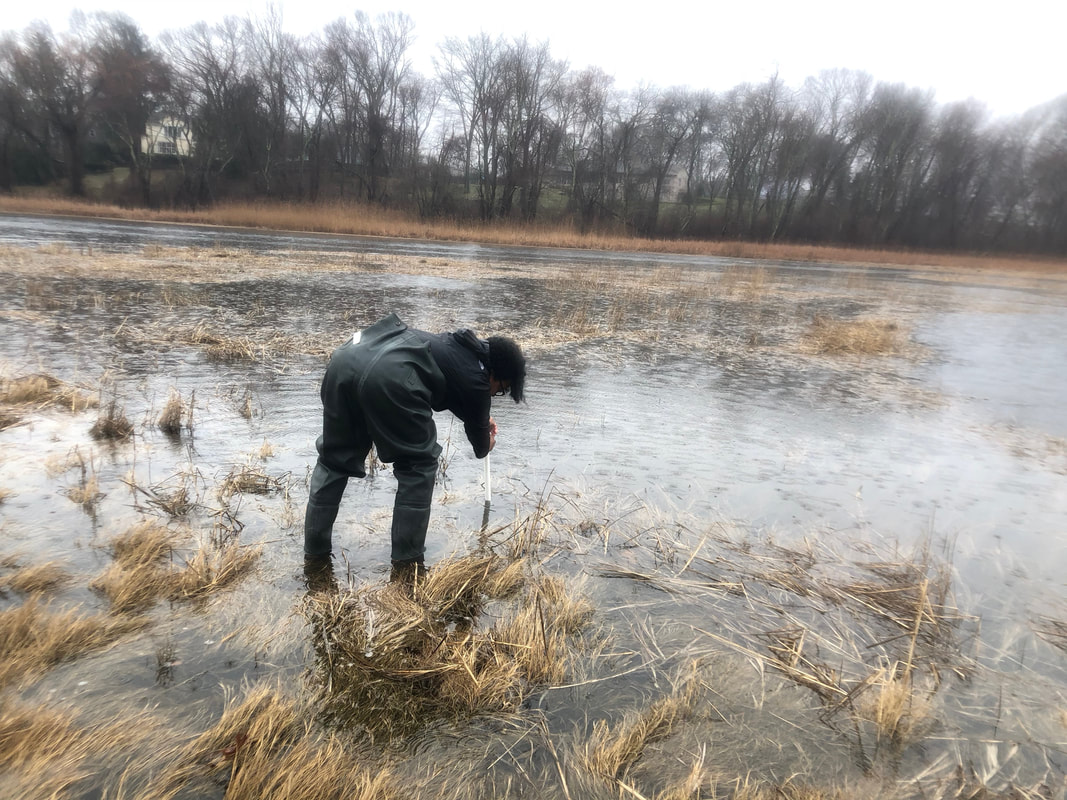
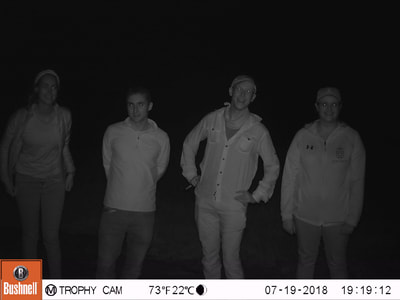
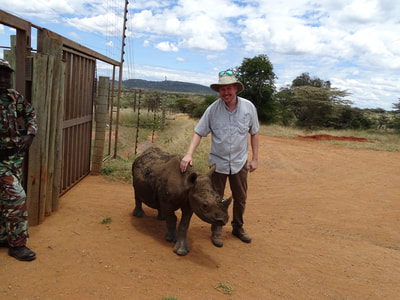
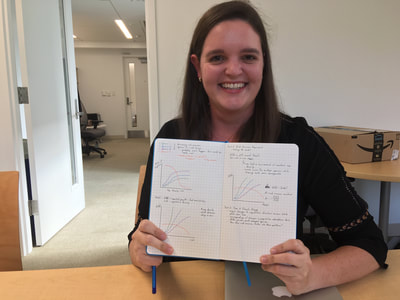
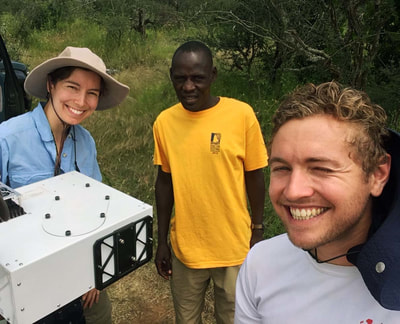
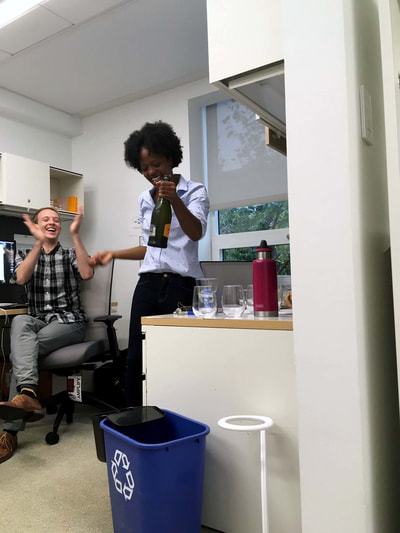
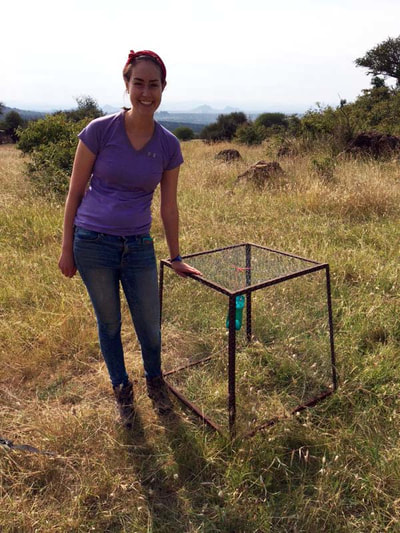
 RSS Feed
RSS Feed
